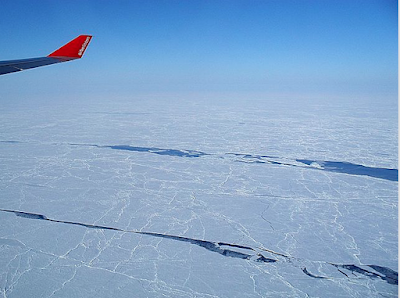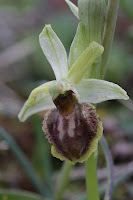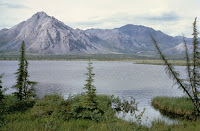OTTAWA - Sierra Club Canada Foundation is disappointed, but not surprised, that Federal Environment Minister Catherine McKenna approved up to seven exploratory drill wells for BP off Nova Scotia yesterday. The leases where BP will be drilling are located 48 km from Sable Island National Park and 71 km from the Gully Marine Protected Area, home to the Northern bottlenose whale and deep-sea corals. "I wish I could say I was shocked, but sadly I'm not," stated Gretchen Fitzgerald, National Program Director of Sierra Club Canada Foundation. "This project could result in a massive blow out on the East coast, one that we are not prepared nor equipped to deal with. Even under the best conditions, BP says it will take two weeks to cap a well. That's two weeks for oil to flow, threatening whales, fish, birds, and fisheries." The Environmental Assessment Report for the project indicates that in case of a spill, oil could rea











